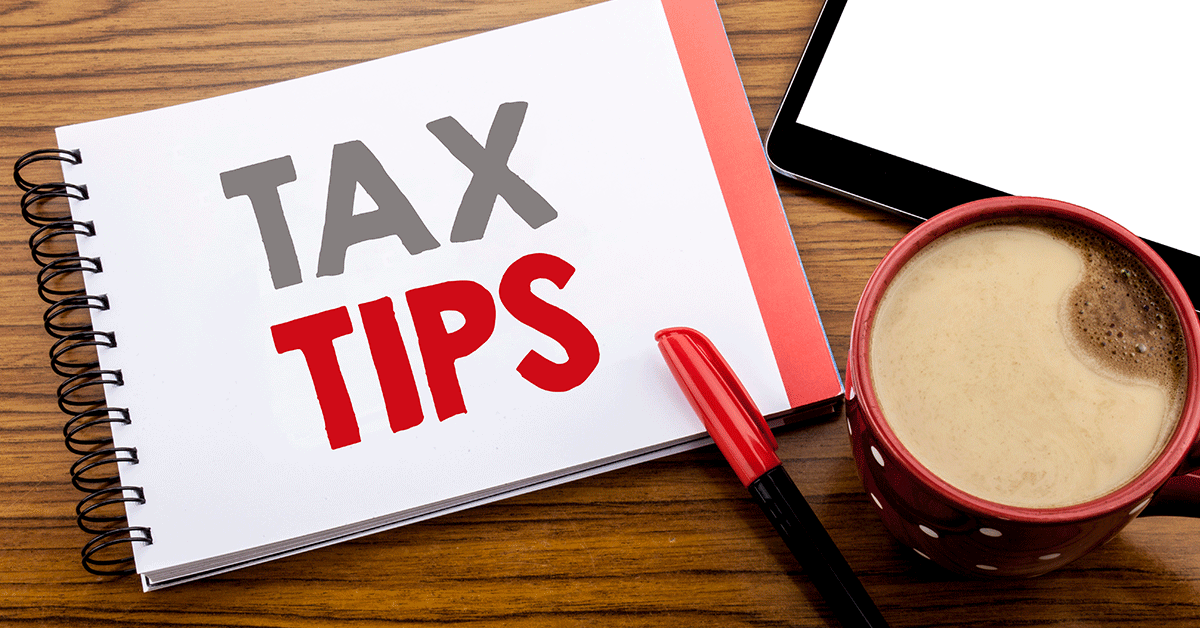Tax Year End Tips – Things to Do Before 5th April
11/03/2023 - 7 minutes readTax year-end tips is a frequently asked question these days with less than a month to go before the end of the tax year.
In this article about tax year-end tips, you can read about all the use it or list allowances.
Use your ISA allowances
Every tax year you can put money into one of each kind of ISA. The tax year runs from 6 April to 5 April.
You can save up to £20,000 in one type of account or split the allowance across some or all of the other types.
You can only pay £4,000 into your Lifetime ISA in a tax year.
Example
You could save £15,000 in a cash ISA, £2,000 in a stocks and shares ISA and £3,000 in an innovative finance ISA in one tax year.
Example
You could save £11,000 in a cash ISA, £2,000 in a stocks and shares ISA, £3,000 in an innovative finance ISA and £4,000 in a Lifetime ISA in one tax year.
Your ISAs will not close when the tax year finishes. You’ll keep your savings on a tax-free basis for as long as you keep the money in your ISA accounts.

What you can include in your ISAs
Cash ISAs can include:
- – savings in bank and building society accounts
- – some National Savings and Investments products
Stocks and shares ISAs can include:
- – shares in companies
- – unit trusts and investment funds
- – corporate bonds
- – government bonds
You cannot transfer any non-ISA shares you already own into an ISA unless they’re from an employee share scheme.
Take advantage of tax-free pension contributions
The standard amount that an individual can set aside tax-free each year for a pension is £40,000 – and any unused relief in the prior three tax years can be brought forward. There is also a lifetime limit of £1,073,100 which is frozen until the 2025/26 tax year.
Taxpayers close to the limit should take advice on contribution levels and tax year-end tips, as exceeding the available allowance will mean a tax charge will arise.
Qualifying taxpayers who don’t receive full tax relief at source should disclose their contributions in their annual tax return to receive a rebate at their marginal rate.
Tax relief
The government will usually add money to your workplace pension in the form of tax relief if both of the following apply:
- – you pay Income Tax
- – you pay into a personal pension or workplace pension
Even if you do not pay Income Tax, you’ll still get an additional payment if your pension scheme uses ‘relief at source’ to add money to your pension pot.
Make gifts to use annual inheritance tax allowances
Reducing the value of the part of your estate that is above the nil rate band (£325,000) will reduce the inheritance tax (IHT) payable when you die.
Our tax year-end tips are that you should consider giving assets you do not need to other family members now. Gifts to a spouse or civil partner to enable them to use up their nil rate band are tax-free and gifts to other family members can also be tax-efficient over time.
Most lifetime gifts to individuals that are not covered by a lifetime exemption do not immediately trigger IHT and become totally exempt if you survive for seven years. Whilst the gift remains in your estate, the rate of IHT applied to it on death (40%) reduces each year depending on how many years you survive after making the gift.
You can give away up to £3,000 worth of gifts a year plus £250 to as many individuals as you like in a year and £5,000 to your children on their marriage.
Example
In the 2019 to 2020 tax year, Mark gave £2,000 to his daughter Jane. If he died within 7 years of the gift, this would use £2,000 of his annual exemption.
In the following 2020 to 2021 tax year, Mark gave £4,000 to his other daughter Sarah. If Mark died within 7 years of the gift, this would use his annual exemption of £3,000 plus the £1,000 of annual exemption left over from the previous tax year.
Even if Mark dies within 7 years of giving these gifts, there’s no Inheritance Tax to pay.
What counts as a gift
Gifts include:
- – money
- – household and personal goods, for example, furniture, jewellery or antiques
- – a house, land or buildings
- – stocks and shares listed on the London Stock Exchange
- – unlisted shares you held for less than 2 years before your death
A gift can also include any money you lose when you sell something for less than it’s worth. For example, if you sell your house to your child for less than its market value, the difference in value counts as a gift.
Anything you leave in your will does not count as a gift but is part of your estate. Your estate is all your money, property and possessions left when you die. The value of your estate will be used to work out if Inheritance Tax needs to be paid.
How can MCL Accountants help with tax year-end tips?
Contact MCL Accountants on 01702 593 029 if you would like to learn more tax year-end tips & things you should do before 5th April or if you need any assistance with the preparation and submission of your business accounts or self-assessment tax returns to HMRC.

0 Comments